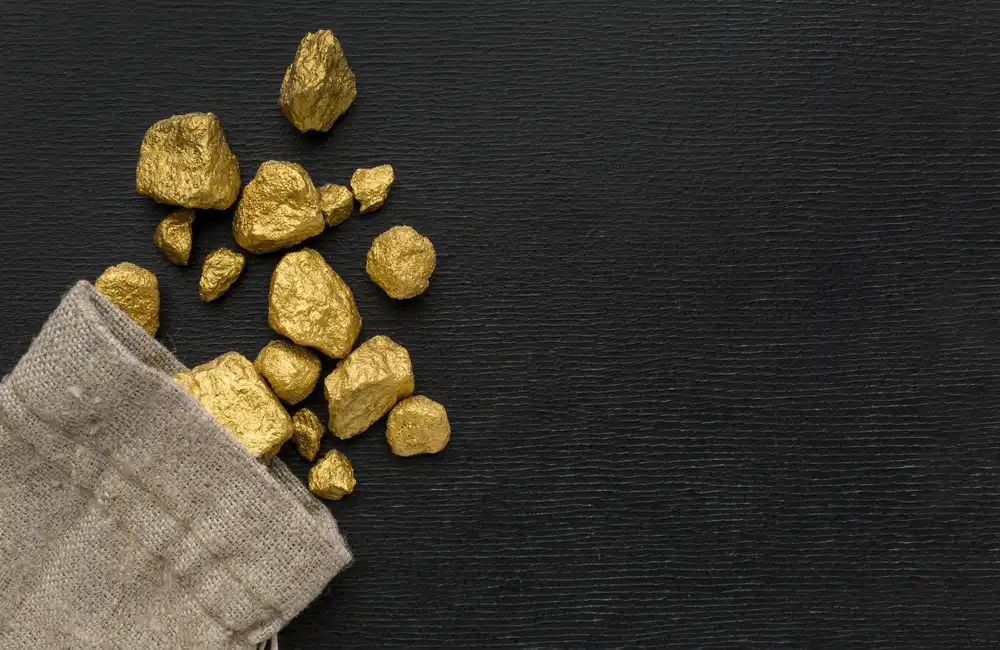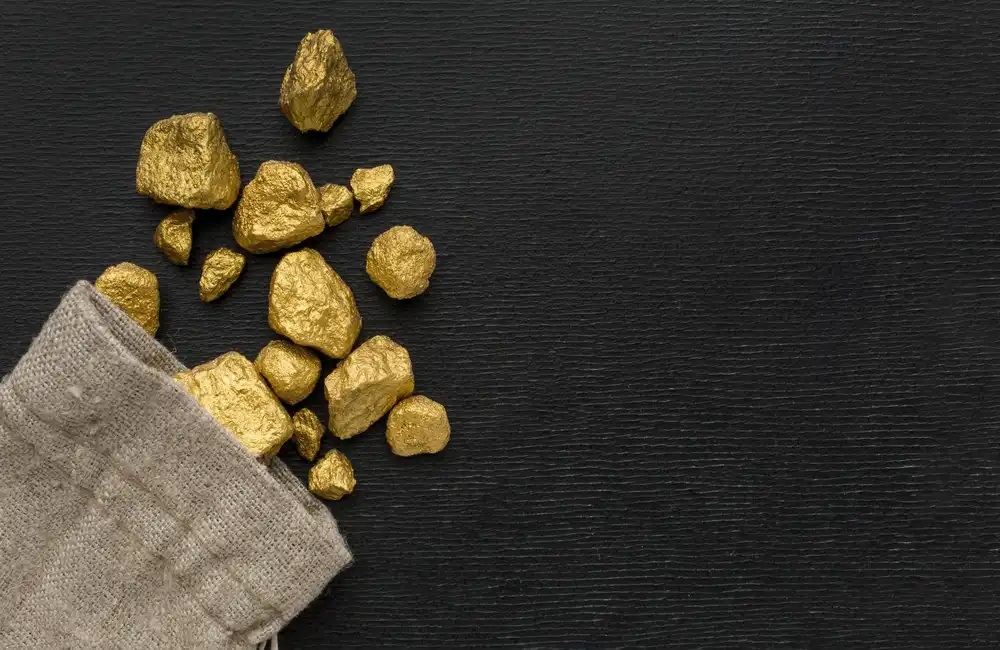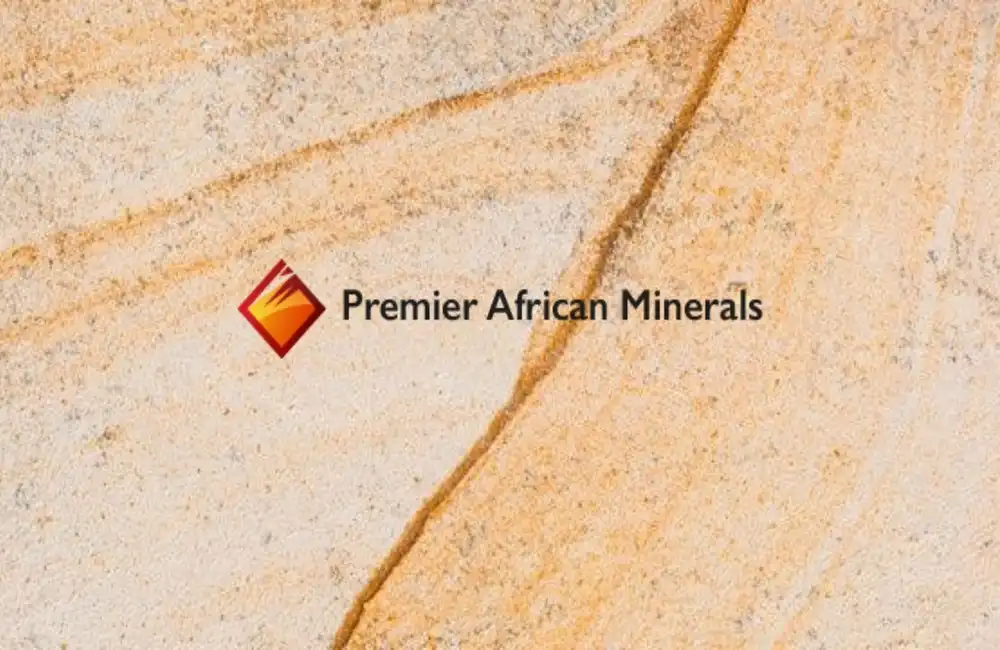Gold and silver have been a widely used strategy to preserve wealth and reduce economic uncertainty for ages.
Gold and silver have been a widely used strategy to preserve wealth and reduce economic uncertainty for ages. But owning an asset physically raises an important if often sidestepped question: Where do you secure your investment? Investing in gold and silver provides real value, but taking care of these metals involves more security, accessibility, insurance, and hidden costs.
This guide looks at the most frequently used storage solutions available, highlighting their pros, cons, and hidden pitfalls.
Home Storage Keeping your precious metals at home is the most convenient, and cost-efficient option, and for many new investors that is what they will decide to do. But there’s more to home storage than meets the eye. Advantages: Disadvantages: Home storage might suffice for those with small, hidden collections, but the difficulties of ensuring safety and proper insurance often complicate its simplicity. Bank Safe Deposit Boxes Bank safe deposit boxes are often marketed as safe and secure storage solutions for valuables such as precious metals. Advantages: Disadvantages: Although bank safe deposit boxes have strong physical security, the lack of insurance and poor access deter investors. Professional Vault Services Many of these vault services fall under the category of professional vault services, which are specifically designed to hold precious metals such as gold and silver. Private companies that specialise in secure storage often run these vaults Advantages: Disadvantages: For those with larger holdings or long-term investments, professional vaults remain an option but require a thorough evaluation of associated costs. The Hidden Costs and Challenges of Storing Metals Owning physical metals is often romanticised as a straightforward investment, but there are several hidden costs and practical challenges investors need to consider: These factors often make direct ownership less practical for the average investor. For those prioritising convenience and lower overhead, alternative investment strategies may better align with financial goals. Beyond Physical Metals While owning tangible gold or silver can have its advantages, modern investors are increasingly turning to alternatives such as gold ETFs (Exchange-Traded Funds) or digital gold platforms that eliminate the need for physical storage. These options offer liquidity, security, and cost-efficiency without the burdens of storage and insurance. Final Thoughts Investing in precious metals requires more than just selecting the right type of gold or silver. Where and how you store them play an equally crucial role in safeguarding their value. Home storage, bank safe deposit boxes, and professional vaults all offer distinct benefits and challenges, but hidden costs and risks can make physical ownership a less-than-ideal solution for many investors. Looking to explore smarter ways to grow your wealth beyond physical metals? Subscribe to our biweekly newsletter for expert insights and tips on innovative investment strategies. Plus, download our free exclusive guide to modern investment opportunities that could elevate your financial portfolio. Subscribe Now Download the Guide Invest wisely and securely,





















